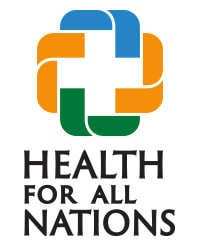|
Statement 6: No Double Standards. Today we want to affirm that when doing healthcare in an international setting it is essential not to compromise our standards. We should not accept any hint of a double standard in the work we do. What do we mean?
WHO GUIDELINE FOR DRUG DONATION: After arrival in the recipient country all donated drugs should have a remaining shelf-life of at least one year. Most are aware of the severe shortage of medications that most clinic’s/hospital’s in developing nations experience on a nearly day to day basis. Medications that are brought legally into another country will likely be used up very quickly and we believe flexibility in this WHO standard is appropriate so long as it is assured that the leftover medications are left with a licensed professional who is able to monitor the use and distribution of the medications.
0 Comments
Leave a Reply. |
AuthorThis is the blog for the Best Practices in Global Health Mission division of the Center for the Study of Health in Mission. It is a space for all who are interested in sharing opinions, ideas and best practices having to do with Christ centered health related ministry. Archives
April 2020
Categories |

© 2024 Health for All Nations All Rights Reserved In Partnership with Frontier Ventures and the Ralph D. Winter Launch Lab |
ABOUT The mission of Health for All Nations is to engage the global Christian community in the exploration and application of biblical revelation, scientific evidence, and cumulative experience as they relate to health and wholeness. Our mission includes assisting the global Christian church in fulfilling its mandate to promote health and healing among the nations. Learn More |
Proudly powered by Weebly


 RSS Feed
RSS Feed
